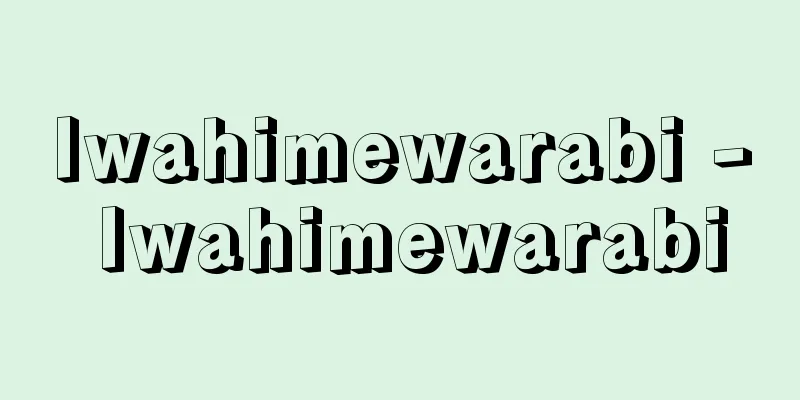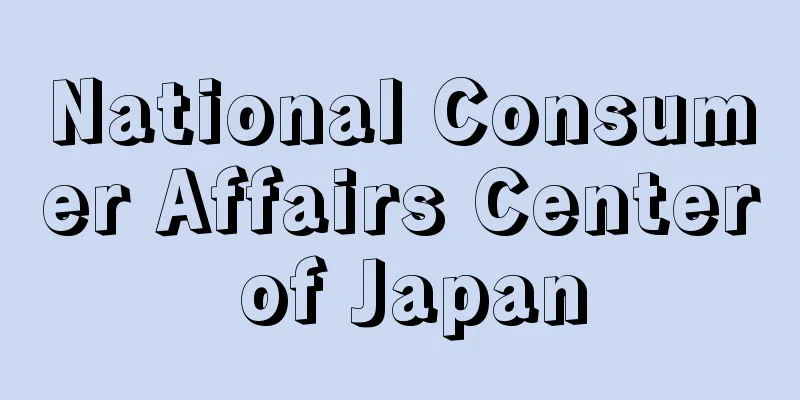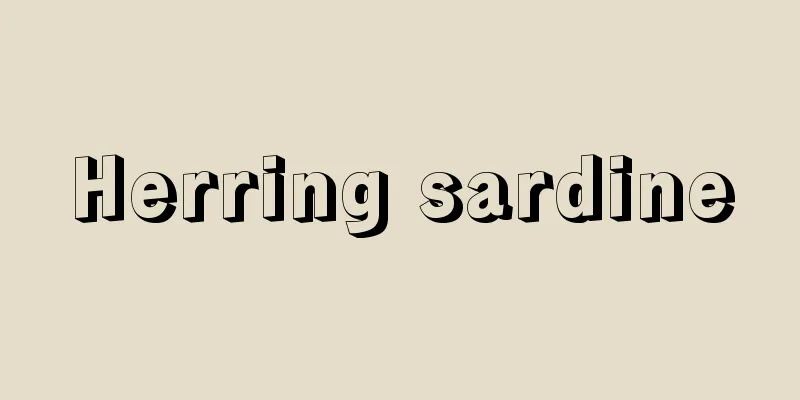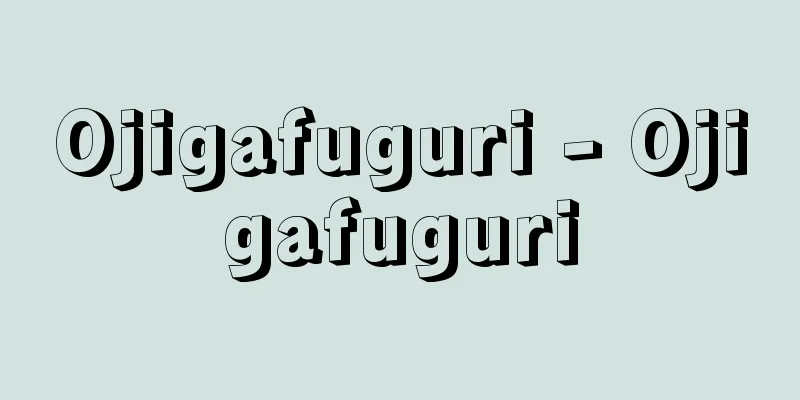Hiroyuki Kato
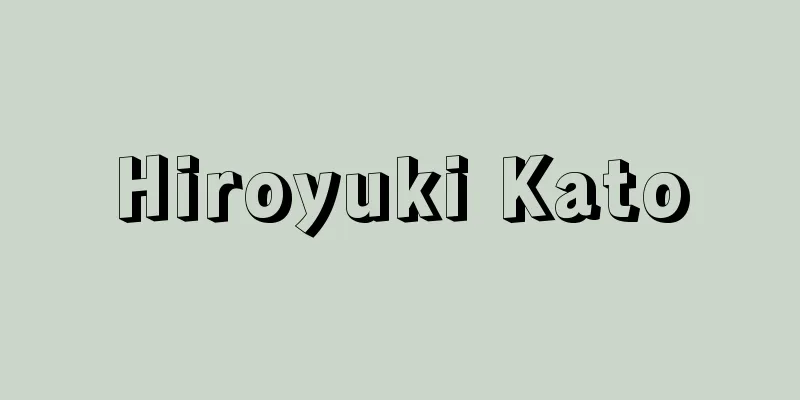
|
A Meiji period scholar of national law. Born on June 23, 7th year of Tenpo (Tenpou), the son of a military science instructor in Izushi Domain, Tajima Province (Hyogo Prefecture). After studying at the domain school, Kodokan, to continue his family's Koshu-ryu military science, he went to Edo. Not satisfied with traditional military science, he became a student of Sakuma Shozan and switched to Western studies. In 1860 (Man'en 1), he became an assistant professor at the Bansho Shirabesho (Institute for the Investigation of Foreign Documents), where he switched to political science, believing that the essence of Western civilization lies in "political system" rather than "military preparations." The following year, in 1861 (Bunkyu 1), he wrote "Tonarigusa," the first book in Japan to introduce constitutional thought, in which he argued for the necessity of a parliamentary system. Even after the Meiji Restoration, he continued to promote constitutionalism in works such as "The True Political Idea" (1870) and "A New Theory of the National Polity" (1875), and joined the Meirokusha Society to continue his educational activities. In 1877 (Meiji 10), he became a professor at the newly established University of Tokyo. From this time on, he gradually leaned towards evolutionary theory, and in his New Theory of Human Rights (1882), he criticized the theory of natural rights from the standpoint of evolutionary theory. This was criticized at the time as a "conversion," and led to a debate with the Freedom and People's Rights Movement. Thereafter, while serving in succession as a member of the House of Peers, Privy Councilor, and President of the Imperial Academy, he published his personal journal, Tenno, and continued to attempt to justify the state from an evolutionary standpoint. Works such as Competition for the Rights of the Strong (1893) and The Principles of the Evolution of Morals and Laws (1900) were the fruits of his efforts. His final position was expressed in Nature and Ethics (1912). It was a theory of the state as an organism, which argued that "acts of loyalty to the emperor and patriotic love" were "the inherent nature of the cells that make up the state." He consistently defended the Meiji government and provided its philosophical foundation. [Kazunori Watanabe] "Hiroyuki Kato, by Shinobu Tabata (1959, Yoshikawa Kobunkan)" ▽ "34 Japanese Masterpieces: Nishi Amane and Hiroyuki Kato" (1971, Chuokoron-Shinsha) [Reference] |National Diet Library Hiroyuki Kato Source: Shogakukan Encyclopedia Nipponica About Encyclopedia Nipponica Information | Legend |
|
明治時代の国法学者。天保(てんぽう)7年6月23日、但馬国(たじまのくに)(兵庫県)出石藩(いずしはん)の兵学師範の子に生まれる。家学の甲州流軍学を継ぐため、藩校弘道館(こうどうかん)に学んだのち江戸に出る。伝統的な兵学に飽き足らず佐久間象山(さくましょうざん)の門に入り、洋学に転じた。1860年(万延1)蕃書調所(ばんしょしらべしょ)教授手伝となり、ここで西洋文明の本質は「武備」よりも「政体」にあるとして政治学に転じ、翌1861年(文久1)わが国で最初に立憲思想を紹介した『鄰草(となりぐさ)』を著し、議会制度の必要性を説いた。維新以後も『真政大意』(1870)、『国体新論』(1875)などで立憲制の紹介に努め、明六社(めいろくしゃ)に加わって啓蒙(けいもう)活動を続けた。 1877年(明治10)新設の東京大学の綜理(そうり)となり、このころからしだいに進化論へと傾斜し、『人権新説』(1882)において、進化論の立場から天賦人権説(てんぷじんけんせつ)を批判した。これは、当時から「転向」と非難され、自由民権派との論争を生んだ。以後、元老院議官、貴族院議員、枢密顧問官、帝国学士院長などを歴任するかたわら、個人誌『天則』を発行し、進化論の立場から国家を根拠づける試みを続けた。『強者の権利の競争』(1893)、『道徳法律進化の理』(1900)などはその成果である。 その最終的な立場は『自然と倫理』(1912)に示されている。それは、「忠君愛国の行為」は「国家を組成する吾吾(われわれ)人間たる細胞の固有性」であるとする国家有機体説である。一貫して明治政府を擁護しその哲学的基礎づけを提供した。 [渡辺和靖] 『田畑忍著『加藤弘之』(1959・吉川弘文館)』▽『『日本の名著34 西周・加藤弘之』(1971・中央公論社)』 [参照項目] |国立国会図書館所蔵"> 加藤弘之 出典 小学館 日本大百科全書(ニッポニカ)日本大百科全書(ニッポニカ)について 情報 | 凡例 |
Recommend
Seebach, Kurt von
Born: September 19, 1859. [Died] September 22, 189...
Tarantismo
...These strange dancing diseases are also called...
Land machine - Rikuki
A Chinese literary figure from the Western Jin Dy...
Rockery
…Originally from Europe, it was invented to plant...
Yamamoto Hokuzan
A Chinese poet of the late Edo period. His name w...
Laurier, Sir Wilfrid
Born: November 20, 1841, Sanran [Died] February 17...
Pianura padana (English spelling)
The plain of the Po River basin, which spans four ...
Ronin Association - Roninkai
A nationalist group associated with the Genyosha a...
Caterpillar
Also called a caterpillar track. A running device ...
Obikawa planthopper - Obikawa planthopper
...In Japan, they are commonly found among grass ...
Katakura Kanetaro
Year of death: February 13, 1917 Year of birth: No...
Crown wheel - Crown wheel
… The verge escapement would remain the only rest...
kazasker
...The local administrative divisions were eyâlet...
Mount Osenzan
⇒ Wang Fuzhi Oofushi Source: About Shogakukan Digi...
Walter, H.
…During this time, Philip II of France occupied N...

![Katsumi [Hot Spring] - Katsumi](/upload/images/67d01041e2327.webp)
